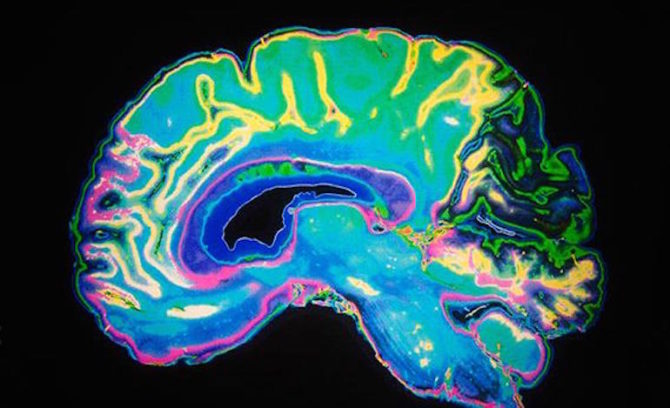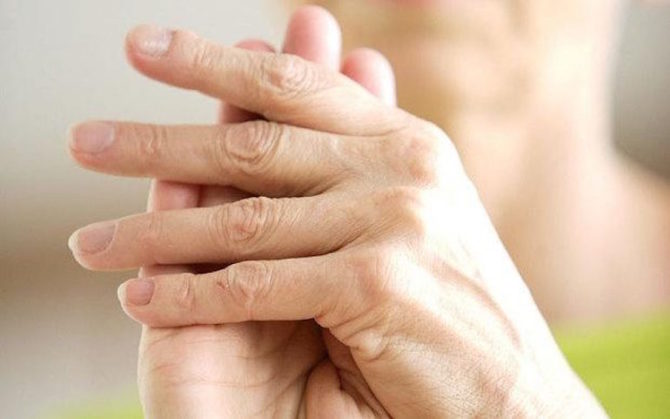There are two types of people in this world: early birds and night owls. You might think that the only difference between the two is whether you like to wake up early or stay up late, but being an early bird or night owl actually influences many aspects of your health.
While both types have their own advantages and disadvantages, going to sleep past midnight only seems to have a negative impact on your health even if you get a good night’s rest. Read up on some of the reasons why staying up to watch Netflix might not be the best idea anymore.
Imbalanced Sleep

Photo courtesy of the-elbowroom.com
When you sleep, you go through multiple cycles that consists of Non-REM sleep and REM sleep. Non-REM sleep is responsible for many restorative processes such as consolidating memory and releasing hormones while REM sleep is known for the colorful dreams you have when you’re asleep. Non-REM sleep becomes shorter as the night goes on, which logically indicates that night owls probably don’t get the proper amount of restoring and recharging for the next day.
Unhealthy Diet

Photo courtesy of nationofchange.org
Many studies have been conducted, but a recent study from Northwestern University has shown that those that stay up all night have fewer vegetables and more junk food in their diets. Interestingly, the study found that they didn’t necessarily gain more weight and a theory explains that it may be due to the fact that night owls may genetically have a higher metabolism.
Either way, even though study participants did not intake significantly more calories, they made poor dietary decisions which could eventually lead to much more serious issues like diabetes and obesity.
Less Physically Active

Photo courtesy of popsugar.com
According to another recent study done at Northwestern University, night owls were found to spend more time sitting than early birds or people who weren’t either. It seems that people who go to bed late and wake up late in the day don’t feel like they have enough time to work out, so they don’t. It’s not as much a physical problem as it is a motivational one.
Abnormal Cognitive Function

Photo courtesy of slate.com
In Germany, researchers conducted a study where they found less white matter in the brains of night owls than in early birds. White matter in the brain is responsible for efficient communication between the neurons in the brain and a lack of white matter has been associated with cognitive disfunction and illnesses like depression.
Increased Cancer Risk

Gif courtesy of giphy.com
Not only does being a night owl entail gong to be bed pretty late, but it also leads to insufficient amount of sleep due to imbalanced circadian clocks. Being a night owl just means you go to bed pretty late, but night owls usually get less sleep than early birds because their sleeping hours don’t exactly correlates with the Earth’s day and night hours.
This can lead to a host of problems, including an increase in cancer risk. This was directly shown with breast cancer due to the insufficient secretion of melatonin that is usually secreted when you’re asleep.
Increased Inflammation

Photo courtesy of telegraph.co.uk
Too little sleep also affects the immune system by increasing levels of certain cytokines and thus, inflammation. This can develop into chronic inflammation that can lead to a whole host of illnesses including Alzheimer’s and arthritis. Sleep deprivation is much more than being tired.


